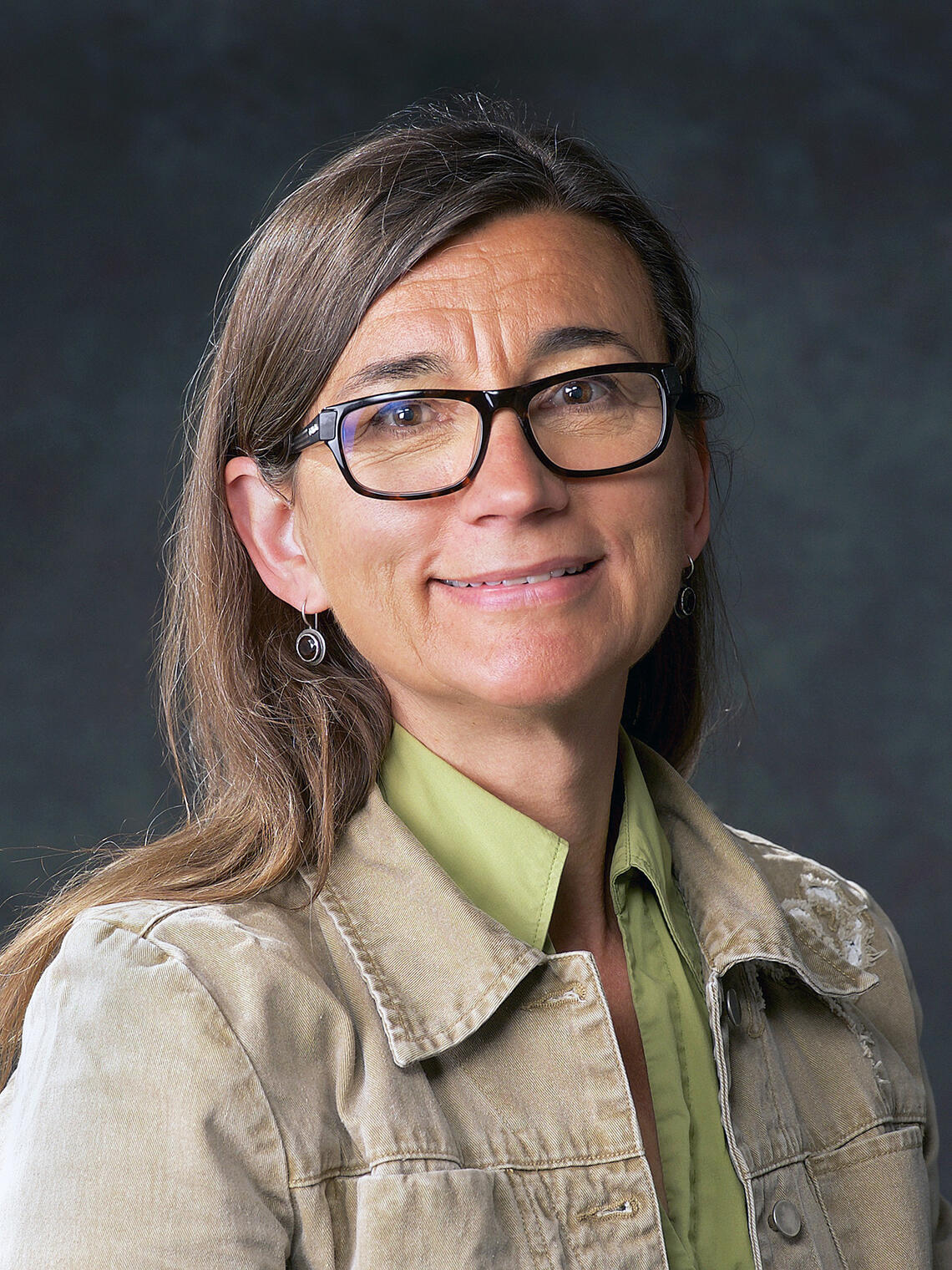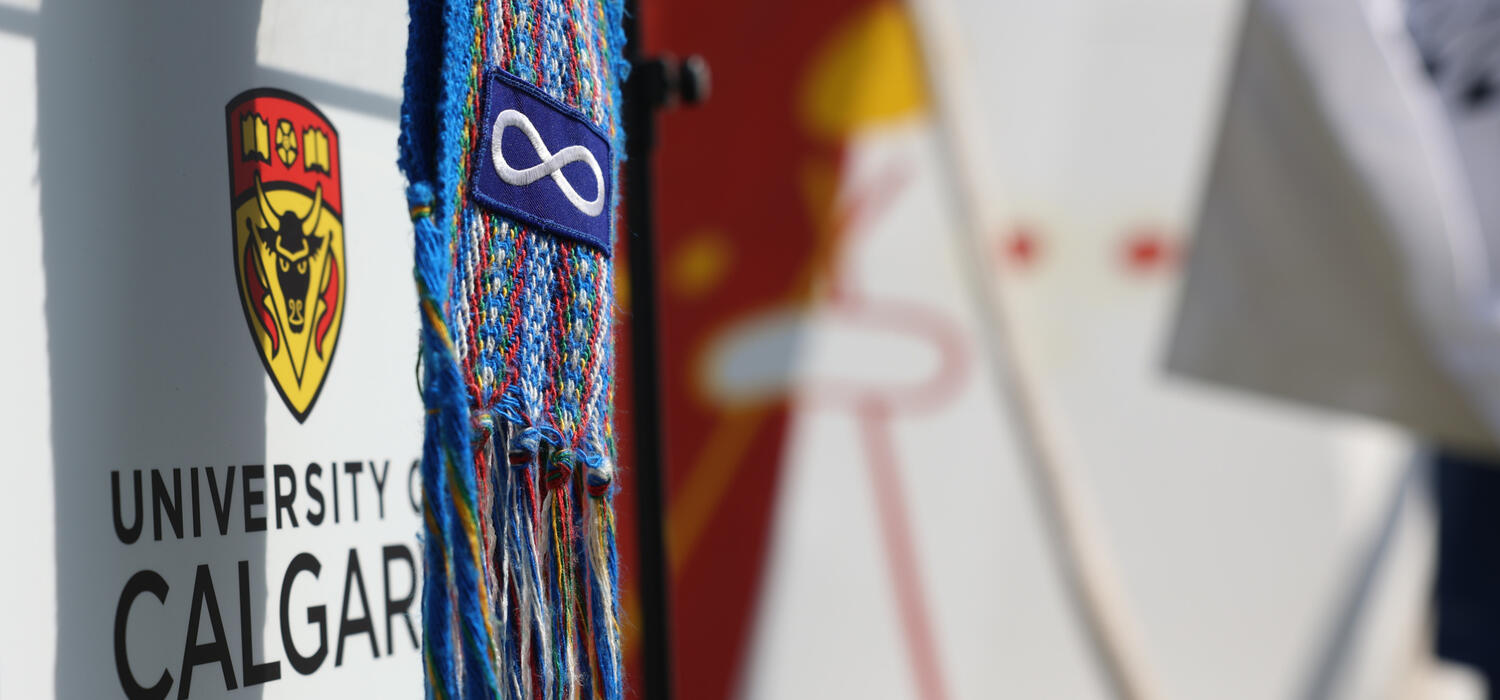
Dr. Carla Ginn, associate professor, UCalgary Nursing
Oct. 20, 2023

“It’s important that we need to have the connection with the Creator so our spirits can stay alive. And hence, we learn to listen to our spirits and go through life different than always just trying to get this material stuff. It’s very important what we choose to focus on. And sometimes we’re focusing on the wrong things.”
This quote, from a participant of a recent study headed up by UCalgary Nursing associate professor Dr. Carla Ginn, RN, MScN, PhD, summarizes what part of the Métis community in Region 3 expressed about managing mental health and addiction challenges they have faced. The research has resulted in the paper “Connection With the Creator So Our Spirits Can Stay Alive”: A Community-Based Participatory Study With the Métis Nation of Alberta (MNA) - Region 3” published by Qualitative Inquiry [Vol. 28, Issue 10].

Dr. Carla Ginn, associate professor, UCalgary Nursing
Alberta has the largest Métis population in Canada, where almost 115,00 people live within six Regions, in addition to over 5,000 people living on eight Métis Settlements. There are 12 communities in the MNA – Region 3, the largest of which is in Calgary. A 2021 study by Ginn in collaboration with the MNA – Region 3 uncovered relationships among intergenerational trauma, mental health, addiction, and spirituality. Connection was the overarching theme emerging from the previous study: connection to Métis identity/ancestry, connection to community, connection to land and connection to spirituality.
“There is a lot of research around the detrimental effects of colonialism, but a lack of Métis-guided research contributing to understanding of individual, family and community well-being,” says Ginn. “The primary aim of our study — discovering tools to help eliminate mental health and addiction challenges — was informed by Indigenous ways of knowing; we focused on the connectedness of all things and used participatory action research, a philosophy and method focused on inclusion and community incorporation of local knowledge.
"Participants described the need to foster respect, trust, courage, wisdom, humility, truth, humour, esteem, honesty, acceptance, identity and love, emphasizing well-being through connection with the Creator.”
Although not Métis, Ginn says her many close relationships to the community, including her spouse, UCalgary Department of Classics and Religion’s associate professor (teaching) Craig Ginn, her children and grandchildren (members of the MNA – Region 3), have helped her in undertaking community-based research within the MNA –Region 3.
The current challenges for Métis people, explains Ginn, include reconnecting with Métis identity, culture and tradition. Many powerful statements came from the research including this from a participant:
“Our culture was never good enough, our language was never good enough, and we were never good enough… there was those judgments and opinions of people about our culture and who we are...it really drags a person down. And that’s when you have to connect with your spirituality to bring you back up, to build you back up.”